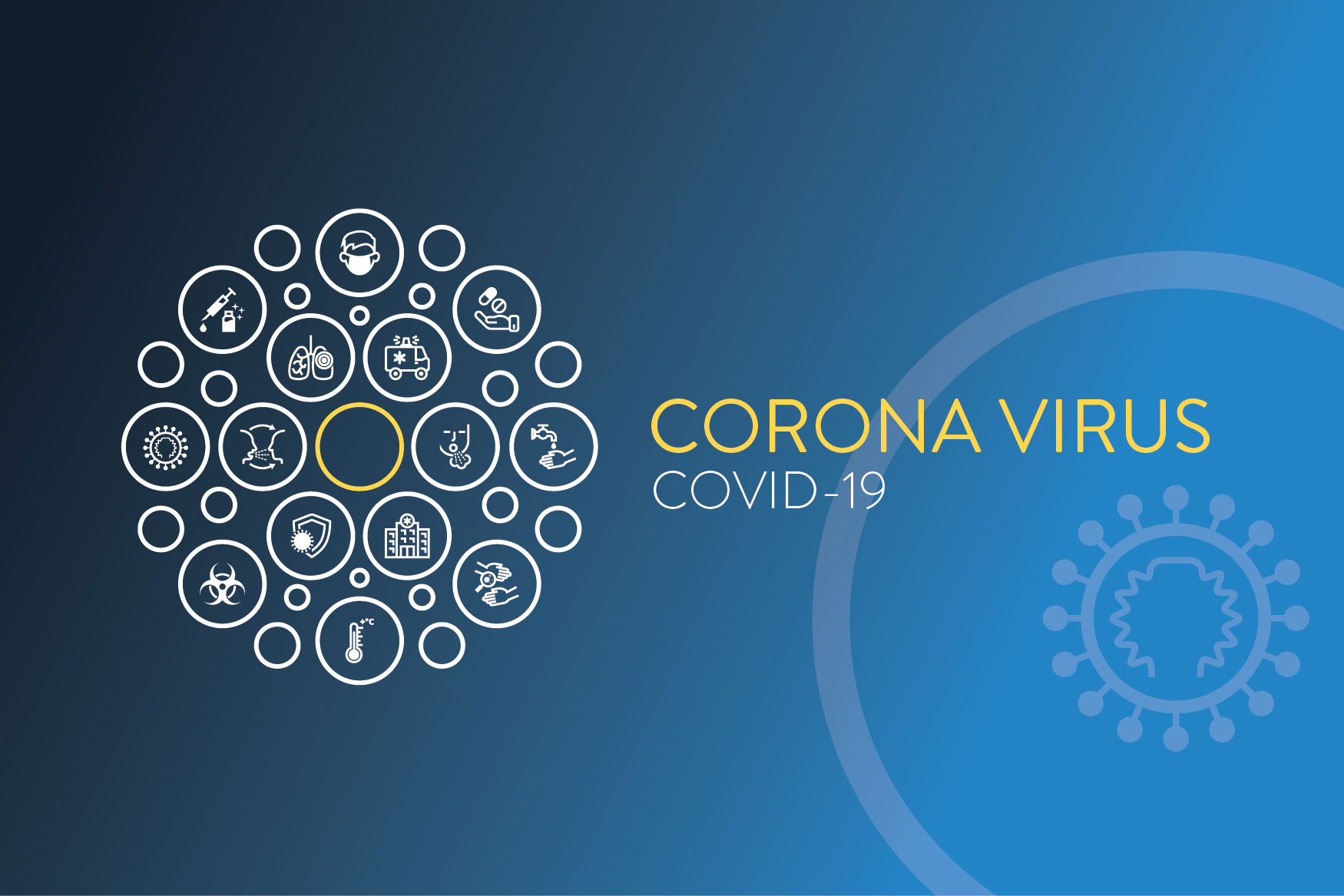
Prison Fellowship® has been serving prisoners, former prisoners, and their families for more than 40 years. Our vision is to see all those affected by crime and incarceration restored to God, to their families, and to their communities. While the current public health situation dramatically affects our programs, our commitment to and advocacy for that vision is unwavering.
The novel coronavirus (COVID-19) poses a uniquely significant public health threat to the most vulnerable among us, including the incarcerated and those working in corrections environments. Prison and jail environments are often difficult to keep sanitary, face constant entry and exit of staff and incarcerated individuals, and have limited resources for preventative measures and health care.
Likewise, those returning home from incarceration face unprecedented uncertainty in addition to 44,000 documented collateral consequences of a criminal record that limit access to employment, housing, food, and other things necessary for a full and flourishing life. We cannot neglect the support and protection of incarcerated individuals and their families, those working in correctional environments, and returning citizens in this challenging time.
Our desire is to come alongside those behind bars, those returning home, and corrections officials to meet their pressing needs in this uncertain time. To this end, we urge state and federal policymakers to consider the recommendations below, recognizing that many policymakers and corrections leaders have already begun to implement these changes despite limited resources and rapidly changing circumstances:
CORRECTIONAL ENVIRONMENT:
- Encouraging transparent communication on administrative websites regarding the number of positive cases of COVID-19, clear guidance about preventative and responsive plans, updates on program and visitor protocols, and other changes.
- Examining those entering facilities for symptoms before admittance, including correctional officers and staff, new incarcerated people, and other necessary visitors such as vendors and medical staff.
- Expanding cleanliness measures including increasing frequency of showers, providing free soap, increasing the sanitization of common areas and cells, etc.
- Where possible, deploying creative solutions to continue providing recidivism reducing programs and religious worship in prison, such as smaller settings where individuals can be six feet apart, video and phone sessions, and distance learning opportunities.
- Where provision of planned programming is not possible, allowing earned credits to temporarily accrue for in-prison jobs, increased cleaning duties, and other productive activities.
- Increasing the number of phone or video minutes for incarcerated individuals while in-person visitation is temporarily suspended, and encouraging public-private partnership to cover the related costs.
- Taking measures in line with current Centers for Disease Control quarantine and testing procedures where incarcerated individuals, correctional officers, or staff exhibit symptoms of COVID-19. Where possible, this includes providing temporary quarantined housing for infected incarcerated individuals to avoid the spread of the disease within facilities.
- Keeping families apprised of actions affecting their loved ones with regard to quarantines, hospitalizations, etc., as quickly and transparently as possible.
JUSTICE SYSTEM:
- Discontinuing the use of pre-trial detention whenever possible for those who do not present a high risk of flight or danger to the community.
- Increasing use of alternatives to incarceration where appropriate, including expanded use of community corrections, for those convicted of new crimes.
- Increasing the use of existing elderly and compassionate release mechanisms, so that those who can safely be placed in home confinement or supervised release may serve their time in a safer and more supportive environment.
- Expediting decisions about those who merit parole, commutations, and clemency, using remote technology where necessary to continue requisite hearings.
- Lessening the frequency of in-person check-ins required by community corrections officials for those on probation or parole and increasing the use of phone and other digital means of supervision.
Many of the above recommendations will not be possible or scalable without state and federal government assistance. We urge federal and state governments to include sufficient funding for implementation of these recommendations in any forthcoming aid packages. Thank you for your consideration and all you are already doing to bring hope, peace, and safety to those the incarcerated and those working in corrections environments.
Respectfully,
James J. Ackerman
President and CEO, Prison Fellowship
NEXT STEPS
Learn more about Prison Fellowship's recommendations to the White House regarding COVID-19. Then use our simple online tool to contact your federal and state lawmakers to request that funding be allocated to meet pressing needs within correctional facilities and that we limit the use of incarceration in certain circumstances.
GET UPDATES AND READ STORIES OF TRANSFORMATION
Make sure you don' t miss out on any of our helpful articles and incredible transformation stories! Sign up to receive our weekly newsletter, and you' ll get great content delivered directly to your inbox.
Your privacy is safe with us. We will never sell, trade, or share your personal information.